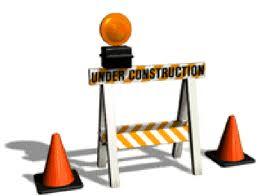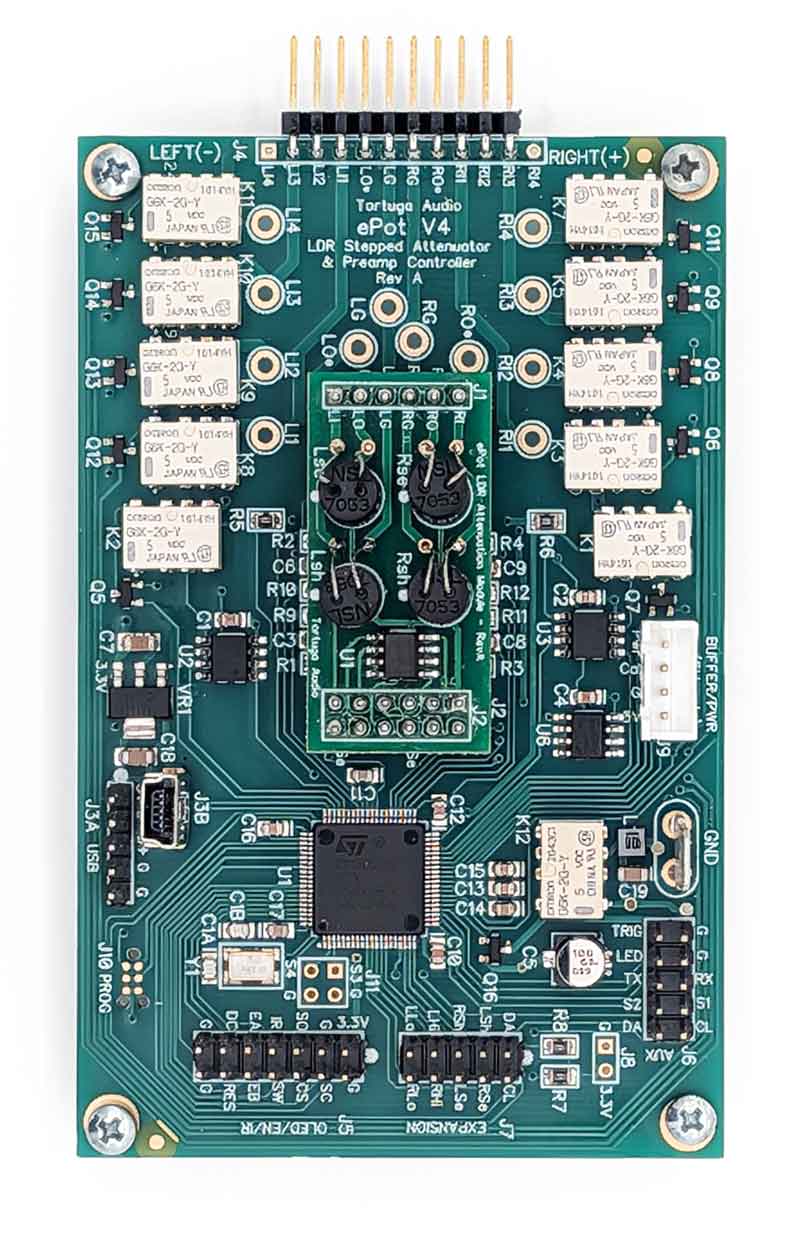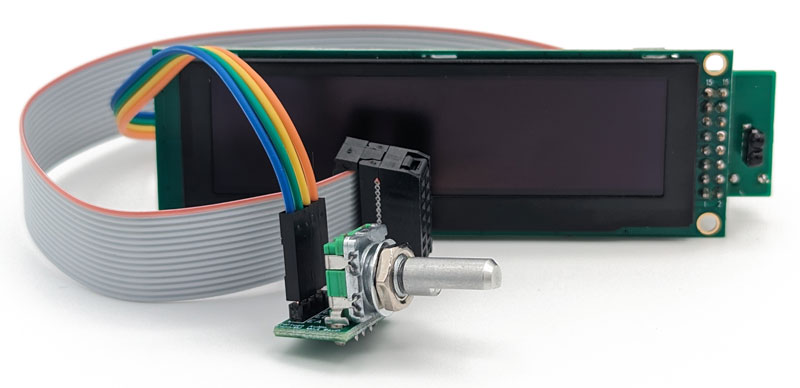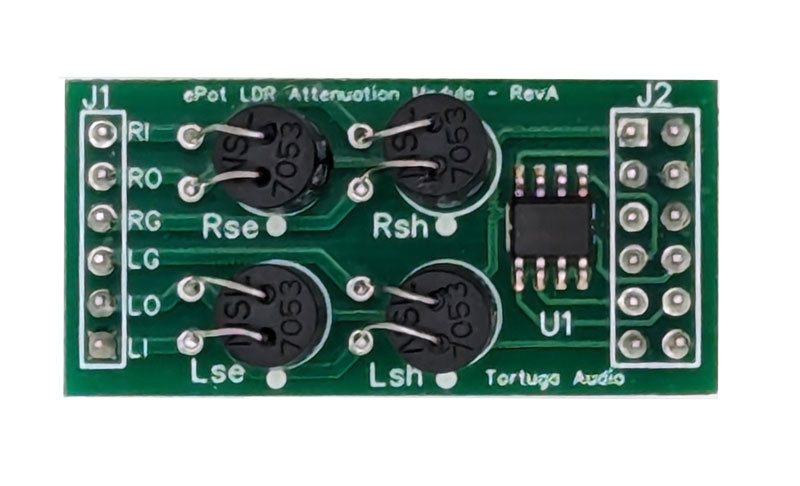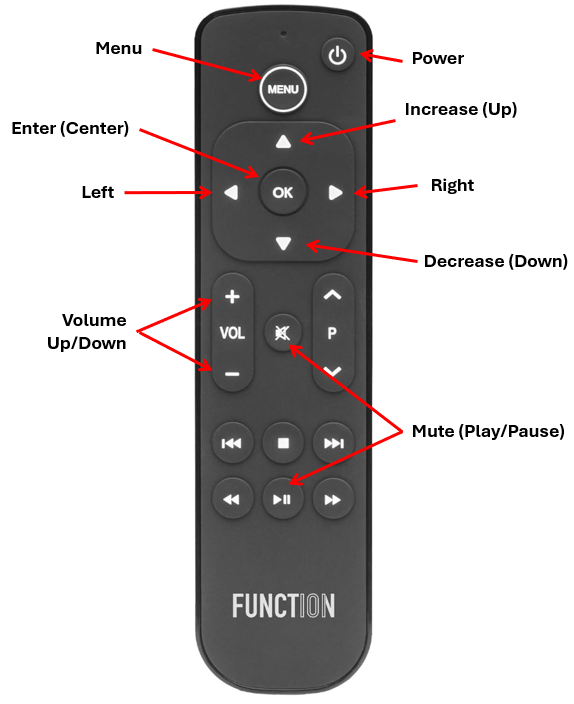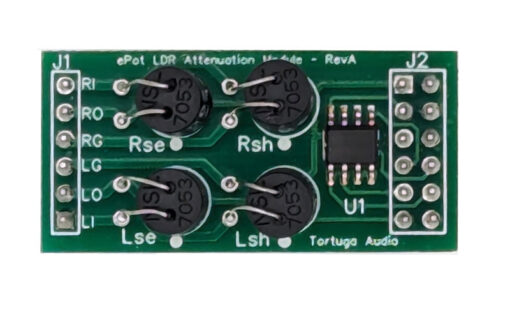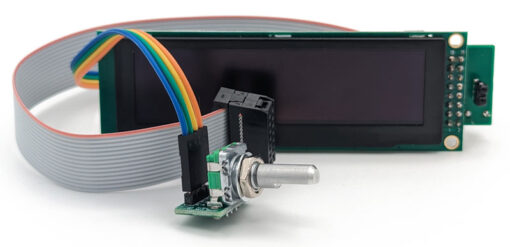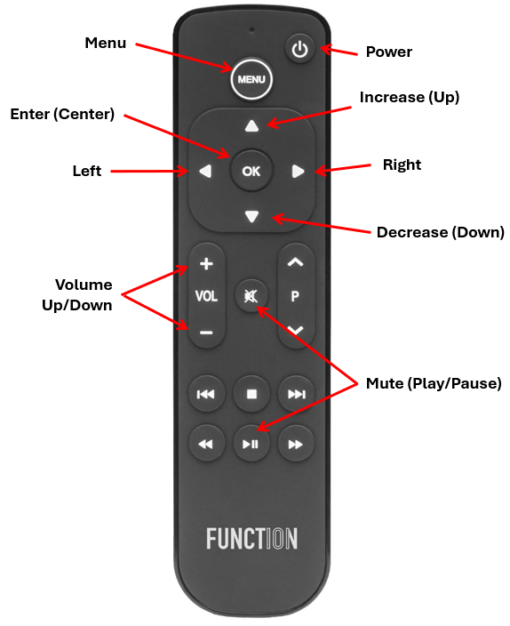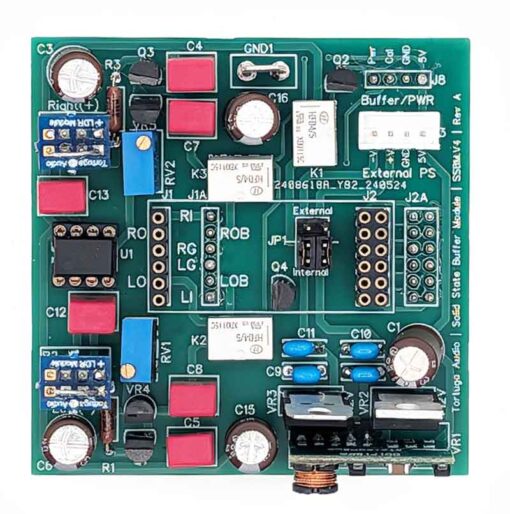LDR Stepped Attenuator | ePot.V4 Max
$275.00
The ePot.V4 is a software driven electronic stepped attenuator and preamp controller, that together with our OLED display module and infrared remote, enables you to build a full featured, remote controlled passive preamplifier, and when equipped with an optional solid state buffer board, can functions as an active preamplifier. Like all Tortuga Audio preamp controllers, the V4 employs light dependent resistors (LDRs) as the sole means for for audio attenuation (volume control). No mechanical potentiometers or switched mechanical attenuators are used. The V4 represents the 5th generation of Tortuga Audio LDR based passive preamp attenuator and controller and builds on work that began over 15 years ago.
An LDR stepped attenuator | preamp controller
The ePot.V4 Max (the “V4”) is a chassis mounted electronic LDR (light dependent resistor) stepped attenuator and preamp controller board for the DIYer, designer and OEM.
The V4 Max is a 2-channel, 100 step stereo volume/preamp controller with input switching for up to 4 sources, remote infrared control plus local control via rotary encoder, together with a sporty high contrast OLED display with a menu driven interactive user interface.
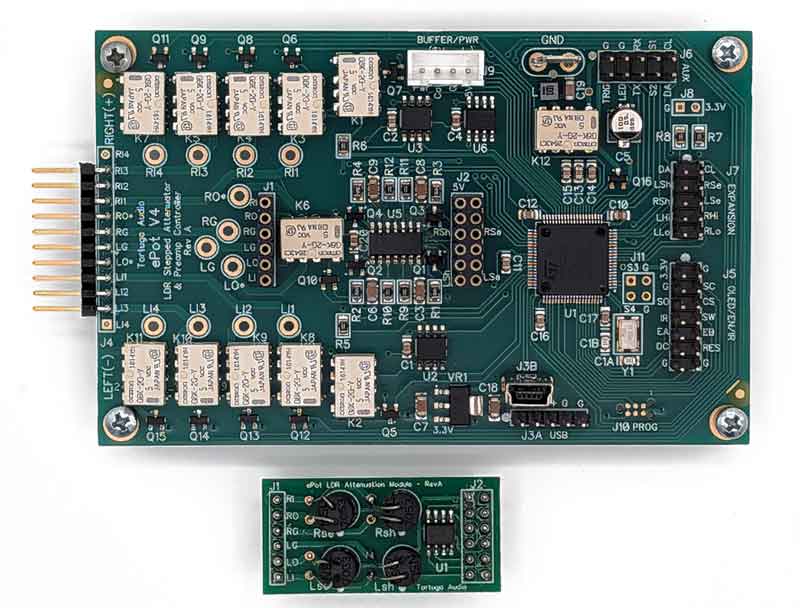
The V4 offers a subtle yet pleasant improvement in subjective sonic performance over conventional methods of volume control due to the use of LDRs. Words like clean, organic, natural, involving, dynamic with strong bass are commonly heard from customers and reviewers of our LDR preamp attenuator/controllers.
The V4 is run by a 32 bit ARM microcontroller but is inherently an analog device with no digital processing of and audio signal. Analog audio signals passing through the V4 are also optically isolated from any power source. There is no active gain stage and there is no active buffering of the audio inputs or outputs. Each audio channel sees only 2 light dependent resistors (LDRs). The LDRs control volume by reducing the voltage of the incoming audio signal. By this definition the V4 is inherently a passive volume controller.
By itself, the V4 can be used as a passive preamp. However, when mated with the optional buffer board or any third party downstream buffer/gain stage the ePot.V4 becomes a high performance active preamp.
The V4 is the successor product to Tortuga Audio’s popular V3 model preamp controller. The V4 series represents Tortuga Audio’s 5th generation audio attenuation technology designed around light dependent resistors (LDRs) since initial introduction in 2012.
Specifications
V4 manuals
Tortuga Audio’s online product documentation system (“Docs”) for the V4 includes both a hardware manual and an operations and control manual.
We highly recommend that you explore these 2 manuals via the links below.

This manual describes the design basis, hardware features and interfaces of the ePot.V4 Max (“V4” or “Max” ) LDR stepped attenuator & preamp controller.
(button link does not work yet)
This manual describes the how to operate the V4 via infrared remote, local rotary encoder, together with its menu driven OLED display .
What’s included?
The following items are included by default with each V4.
- The ePot.V3 board itself with a 90 degree 12 pin J4 audio signal pin header installed
- Power supply plug with 4-6 inches of wiring for connecting 5 volt power to the V3 board
- Female faston lug for connecting power ground to the faston ground tab
What’s not included that you also need?
The following items are required for a complete V4 based system. They can be purchased as add-on options at the same time you purchase the V4 or they can each be purchased separately.
LDR module | V3 & V4
The plug-in LDR attenuation module is an essential part of the V4 LDR attenuator & preamp controller and contains 2 pairs of LDRs used as voltage dividers for controlling volume. An LDR attenuation module is usually purchased as an add-on item at the same time as the V4 board itself but can also be purchased here separately.
OLED display assembly
The OLED display assembly is a high contrast 256 x 64 pixel white-on-black graphic OLED (Organic Light Emitting Diode) display for use with Tortuga Audio’s V25, V3 and V4 series preamp attenuator/controllers and related Tortuga Audio preamps. The OLED display assembly provides an easy and intuitive user control experience through an interactive menu driven control interface designed around the 7-button Apple remote. The display assembly includes a custom adapter board with installed infrared (IR) receiver module and a header for connecting an encoder module. All cabling is included. The unit is fully tested and ready to go and requires no…
Function remote control
The Function remote was designed as an alternative infrared remote for the Apple TV streamer and other TV brands. Tortuga Audio has adopted the Function remote to replace the silver Apple remote that is no longer in production. In the event the Function remote interferes with your Apple or non-Apple equipment, it can easily be re-configured to use a different non-interfering configuration. The Function remote is easy to use, is well constructed, has a high quality feel, and is very responsive. The Function remote works only with the V4 but not the V3 or any earlier preamp controllers.
Other required items but which are not sold by Tortuga Audio include:
- Nominal 5 volt DC power supply rated at 0.5 amp or greater.
- Audio signal input/output jacks
- Preamp enclosure
Optional items
The following optional items are offered by Tortuga Audio for the V4 for those who want to explore an active preamp and/or the benefits of a low noise linear power supply
Solid state preamp buffer | SSPB.V4
The SSPB.V4 Solid State Preamp Buffer is an optional add-on daughter board for the ePot.V4 LDR preamp attenuator/controller board that turns the passive V4 into an active preamp with adjustable gain. The buffer board gives the V4 more sonic authority via a robust current drive while the adjustable gain provides the option of boosting the loudness of the unity gain passive V4. The SSPB plugs into the V4 using the same sockets normally occupied by the plug-in LDR module. The LDR module plug plugs into the SSPB instead such that we end up with a 3-layer cake of printed circuit…
- An optional low noise linear power supply gives the V4 board plus optional buffer board raises the performance bar for V4
